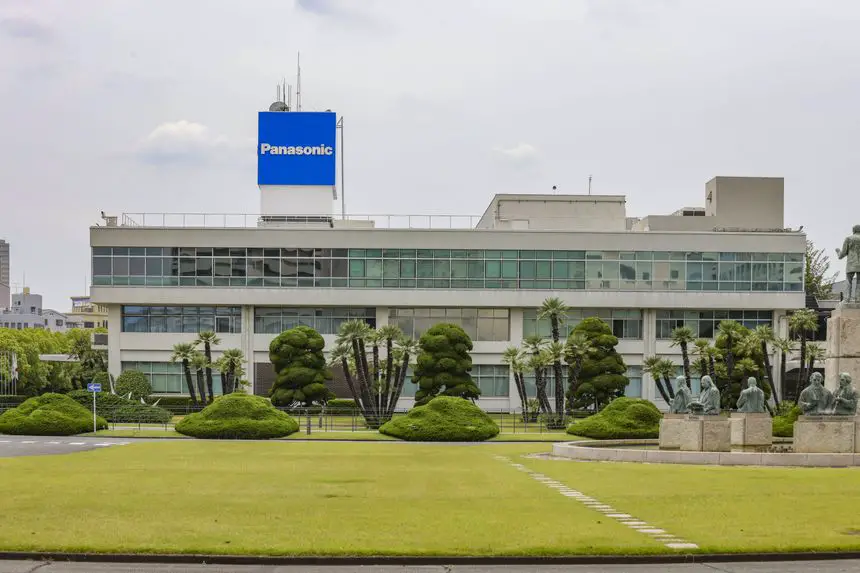Plans are underway for the construction of a US$ 4bn Panasonic EV Plant in Kansas. Its developer, Panasonic, which is a key supplier and partner of Tesla Motors has selected De Soto for the site. Going forward, the Japanese conglomerate intends to produce a new series of vehicle batteries known as the 4680 model. This will be a larger battery type, which the company intends to start producing in Japan’s next fiscal year.
The new Panasonic electric vehicle plant in Kansas will be located at the site of a former 500-acre Sunflower Army Ammunition Plant. Thereby, providing enough room for future expansions and production operations. The new facility is expected to become the world’s largest EV plant, occupying up to 3 million square feet. Following, the Biden administration’s decision to end America’s dependence on Asia for EV batteries, the plant aims to boost domestic production.
Also Read Plans Underway for Construction of US$ 5.5bn Hyundai EV Plant in Georgia
Timeline for the Panasonic EV Plant in Kansas
Some early site preparations for the Panasonic EV Plant in Kansas, such as earth moving, have already occurred. But subsequently, the actual construction phase is expected to commence by fall and reach completion in 2024. The developer’s efforts are focused on expanding its battery production capacity by up to four times in North America by 2029.
The new Panasonic EV Plant in Kansas will supply batteries mainly to Tesla. But this will not be the only company it supplies to. Furthermore, a research department will be included as part of the development, focused on the production of next-generation batteries. Panasonic already supplies batteries for Telsa and both companies operate a battery manufacturing plant, outside Reno named the Gigafactory.
One major draw for the developers was the APEX legislation, which was provided by the state in the project’s favor. As a result, 4,000 direct jobs will be generated, with Panasonic receiving state tax credits worth about $500 million. According to the developer, the jobs offered would be a mix of 20% white-collar and 80% production types. In the end, the state would refund Panasonic an estimated $829 million, after it concludes investing and hiring for the Panasonic EV Plant in Kansas.

